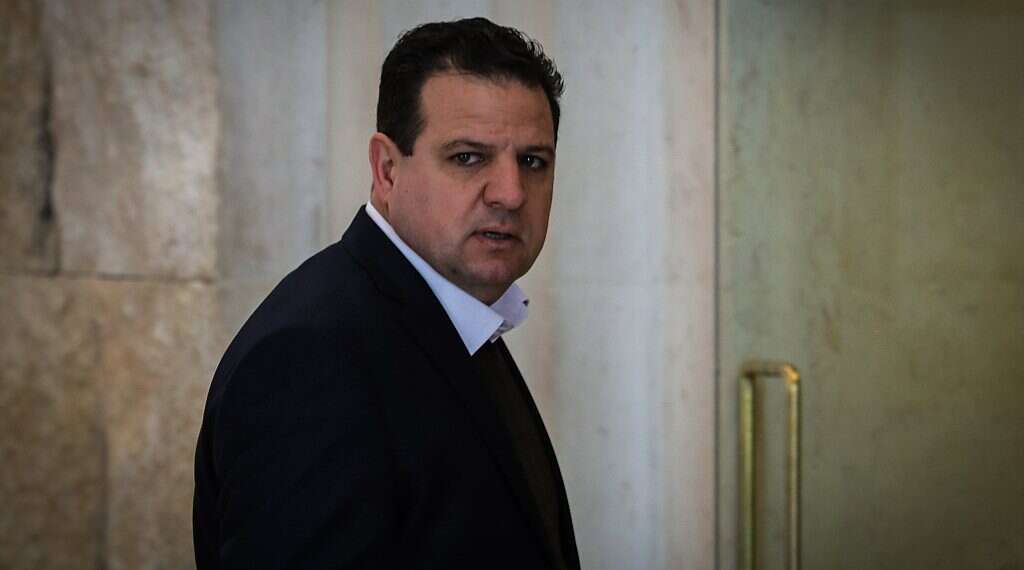by Jalal Bana
No election campaign is complete without the Palestinian Authority trying to influence Arab candidates for the Israeli parliament. But that makes many Arab voters uneasy.
 |
| Joint Arab List Chairman Ayman Odeh | Photo: Oren Ben Hakoon |
A recent report that Joint Arab List leader Ayman Odeh had received payments – alleged campaign donations – from the Palestinian Authority made a splash in Israel media.
It is no secret that the PA has been trying to impact public opinion in the Arab sector in Israel. These efforts have been going on for years and include, among other things, various payments made as campaign donations to grants to different organizations. No election campaign is complete without PA involvement on some level, as Ramallah tries to influence Arab candidates for the Israeli parliament.
Palestinian Authority President Mahmoud Abbas had some influence – although not as much as Ramallah would have you believe – over the formation of the Joint Arab List, which until last month included all Arab or mostly Arab parties, namely Balad, Ra'am, Ta'al, and Hadash.
Ra'am may have broken from the alliance, but six years ago, it was Abbas who summoned the leaders of all four parties to Ramallah in an attempt to mediate a compromise that would allow the establishment of one Arab faction, the odds of which to cross the four-set electoral threshold was greater than the some of its parts.
The PA sees Arab parties as the means by which it can effect change on the political map in Israel, which in turn would allow it to influence any government.
Palestinian officials' direct contact with Arab politicians in Israel is part of the PA's networking attempts: it seeks to influence Israeli society as a whole by having its fingers in every proverbial pie – the media, NOGs and nonprofits, academia and local and national politics.
As part of this strategy, the Palestinian Authority maintains an "Israel outreach office."
However, a clear line separates, at least among some of the Arab public in Israel, between making connections, and even attempts to influence various processes, and operating pressure levers on elected officials.
Still, a very clear line – for at least part of the Arab Israeli sector – runs between networking efforts and pressuring elected officials.
In Odeh's case, it doesn't really matter whether this was a one-time event or the wire transfers are ongoing, and the monetary value is not the point. The fact that elected Arab officials receive money from Palestinian officials – regardless of the funds' purpose – is perceived by many as corrupt.
This makes Arab constituents uneasy, and social media is rife with demands to know more about what the funds were meant for. Moreover, it is making many Arab Israelis wonder, where do Arab MKs allegiances lie?
Jalal Bana
Source: https://www.israelhayom.com/2021/02/17/where-do-arab-mks-allegiances-lie/
Follow Middle East and Terrorism on Twitter
No comments:
Post a Comment